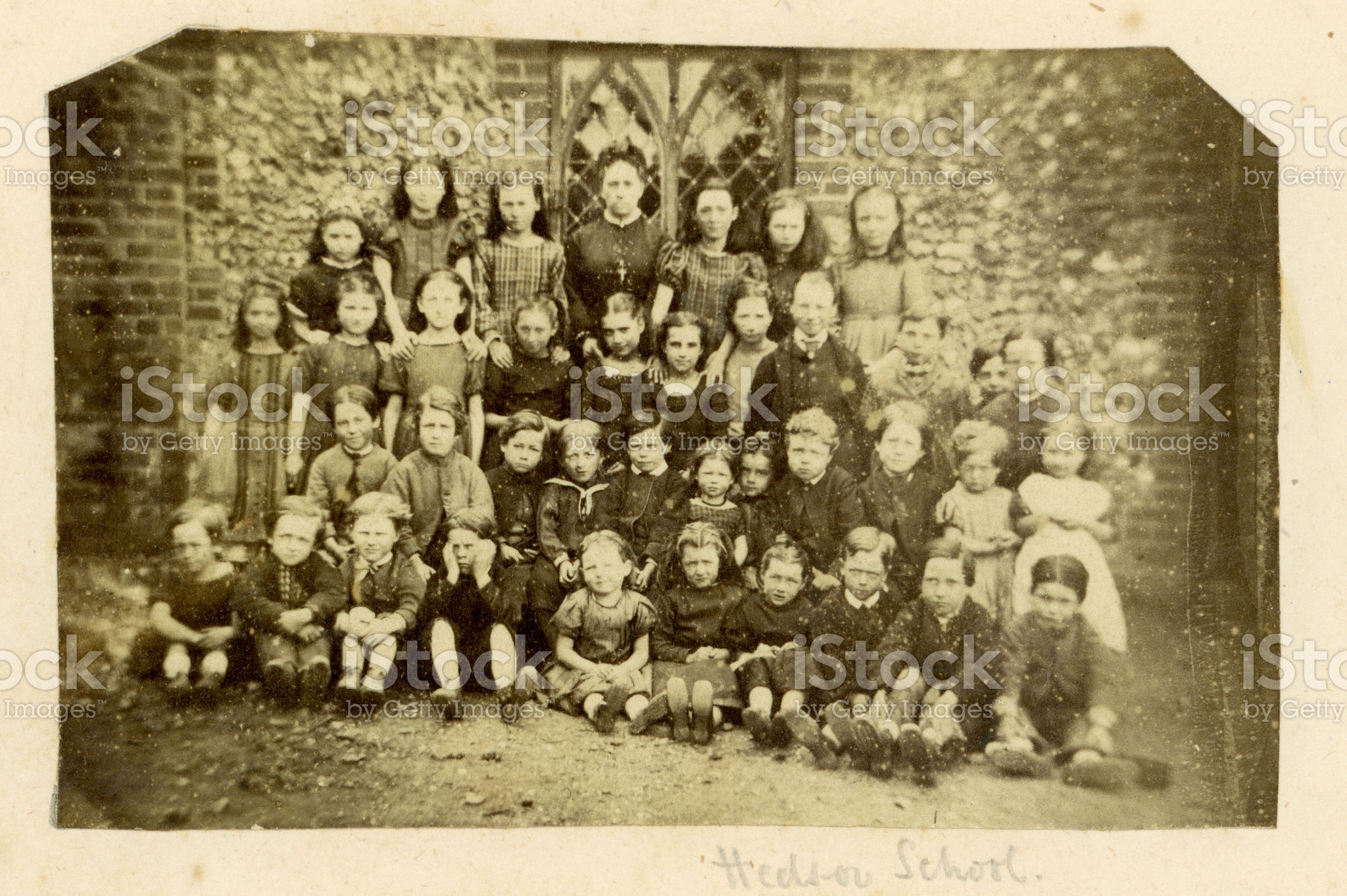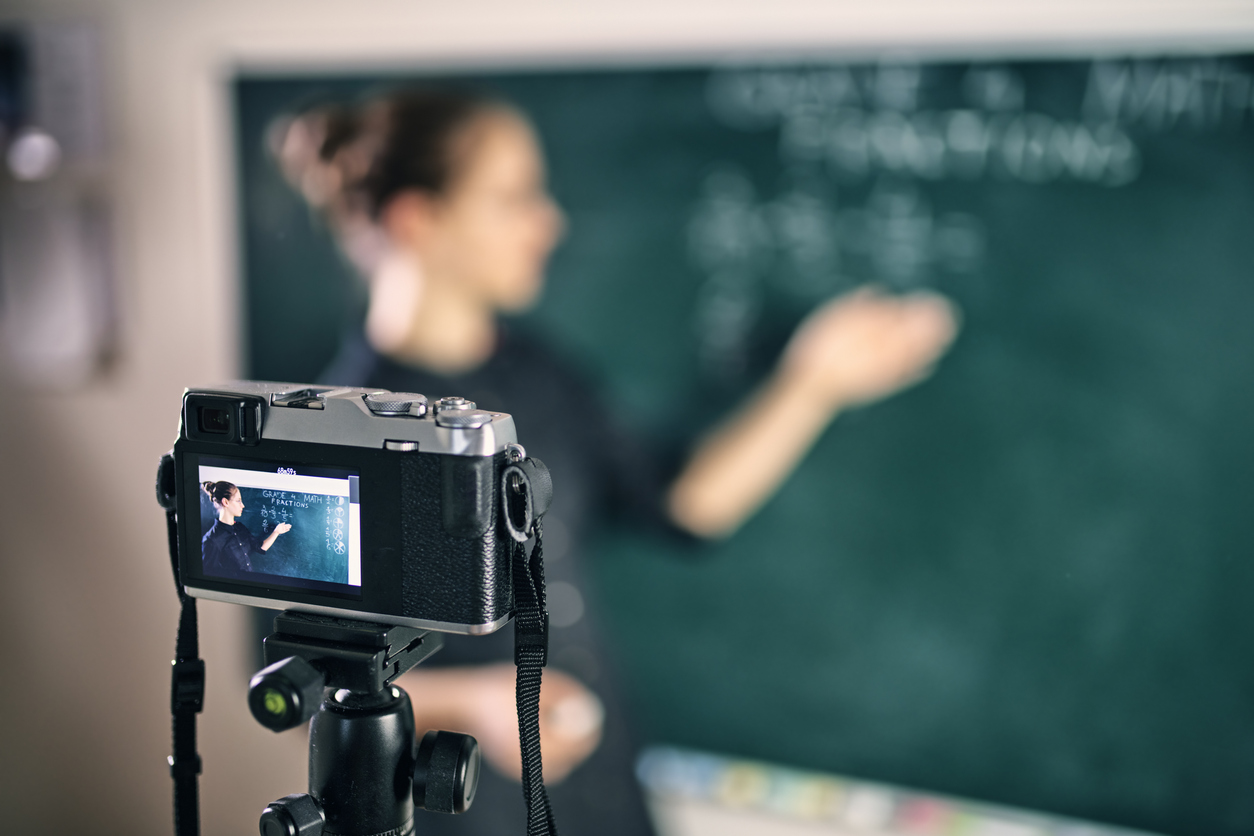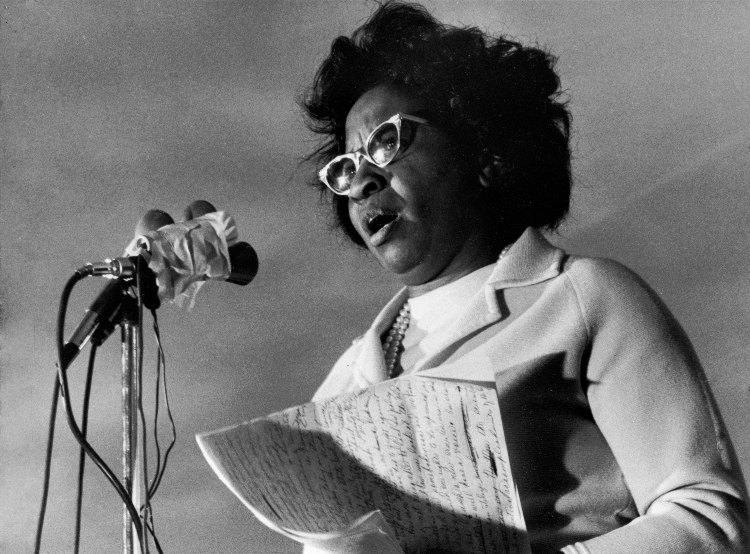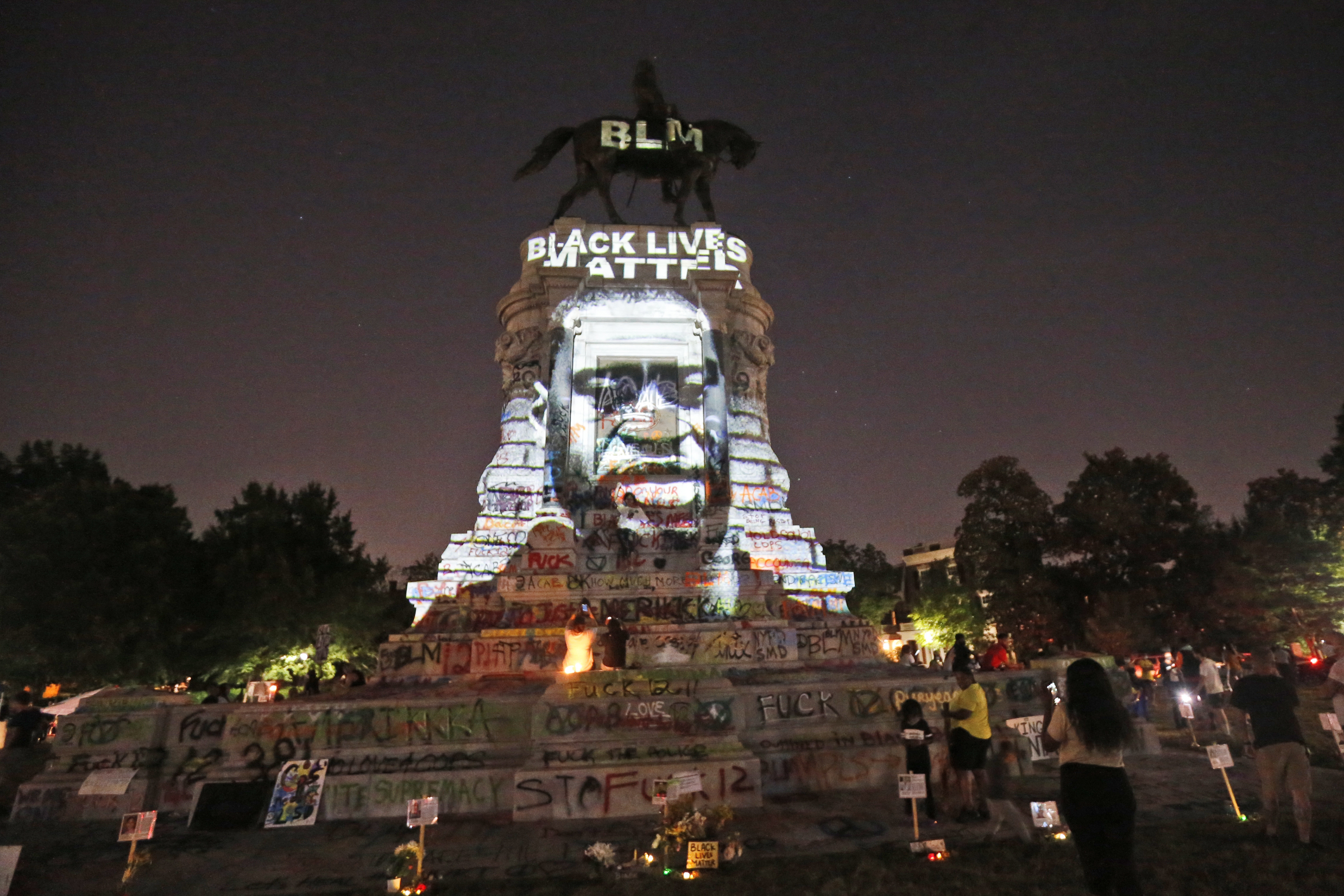Amid the upheavals of this year, the status of teachers as workers has come into focus as never before. After a great many decades in which teaching has been a devalued form of labor and associated with childrearing, the events of 2020 have begun to flip the script. We’ve been hearing many stories this year of teachers being lauded as superheroes as parents become aware of the rigors of full-time teaching for the very first time. Yet these positive appraisals are a double-edged sword. We’ve also been hearing stories of teachers being asked to sacrifice their own health with near-martyrlike dedication, in part, so that other workers with children can resume their professional lives. How quickly we forget that teachers are also professionals, and many are parents themselves.
Kaitlin Smith
Recent Posts
In three parallel interviews, I had the opportunity to speak with three Facing History educators from public and private schools about their institution’s move to remote instruction this fall. Their roles encompass teacher and school leadership functions, and all are now exploring what the coming months will look like in the virtual classroom. Plans to implement remote instruction have been provoking challenging questions, concerns, and bold visions for the future of education beyond the COVID-19 pandemic. Learn how each of these educators is navigating the return to school below:
Topics: Back-To-School, Teaching, Online Learning
In three parallel interviews, I had the opportunity to speak with three Facing History educators from middle and high schools located on the East Coast of the United States. They range in experience level from new to veteran and work in schools large and small. Each is planning to return to work this fall in a hybrid format in which they will deliver some instruction remotely and the rest in person in a classroom. Plans to implement hybrid modes of instruction have been provoking immense questions, concerns, and even expansive visions for the future of education beyond the COVID-19 pandemic. Learn how each of these educators is navigating the return to school below:
Topics: Back-To-School, Online Learning
It may seem like the world’s greatest understatement to observe that much has happened since schools shuttered and moved online in early 2020. Our communities have weathered (and continue to weather) multiple overlapping crises and conflicts, as well as come together in solidarity, support, and resistance. As educators return to the classroom—many through virtual means—there are a great many events to recollect and reflect upon. What follows is a list of some of the themes that we are sitting with from the last several months, as well as links to articles sharing perspectives that educators might consider as they prepare to greet students and colleagues.
Topics: Back-To-School
Designing Schools for the New Normal: An Interview with Dr. Justin Reich
Posted by Kaitlin Smith on August 12, 2020
In a recent interview, I spoke with Dr. Justin Reich of MIT where he serves as Assistant Professor of Comparative Media Studies and Director of the Teaching Systems Lab. Here Dr. Reich shares some of his expertise on teaching in the time of COVID, the use of design charrettes to devise holistic solutions to emergent challenges, and how educators can attend to and design for some of the unique vulnerabilities facing families in their communities.
Topics: Back-To-School
“This framework is centered on compassion and care, fierce commitment to viewing students as knowledgeable and capable, and viewing the invitation to bring life experiences into school as integral to day-to-day teaching and learning.” —Dr. Elizabeth Dutro
In a recent interview, I spoke with Dr. Elizabeth Dutro and Alex Shevrin Venet concerning the need for trauma-informed teaching in these times. Dr. Dutro is a professor and chair of the Literacy Studies program at the University of Colorado Boulder School of Education. There, she draws on past classroom experience and her extensive research to design pedagogies that make space for difficult experiences to be honored as knowledge in schools. Her publications include her book The Vulnerable Heart of Literacy: Centering Trauma as Powerful Pedagogy. Venet is a Vermont-based, industry-leading trainer, educator, and writer helping educators implement trauma-informed practices across the country. Her first book, Equity-Centered Trauma-Informed Education, is forthcoming from W. W. Norton in spring 2021.
Topics: Back-To-School, trauma
As part of Facing History’s Teaching for Equity and Justice summit series, we recently hosted Dr. Bettina L. Love in a riveting presentation on her work and vision for education. We look forward to sharing some of our key learnings at the conclusion of the second summit, but we’d like to make sure that Dr. Love’s paradigm-shifting work is on your radar in the meantime.
Topics: Equity in Education
Amid the traumas and upheavals sweeping our communities over the last many months, education leaders everywhere have been urging schools to center social-emotional learning (SEL) this fall. Whether one’s coursework will be conducted online, in person, or through a hybrid format, SEL is a foundation of effective teaching in the best of times and a vital lifeline in times of difficulty. In these times, it is crucial that educators come equipped with an educational plan that begins with nurturing adolescents’ sense of community and connection at school. And it is also crucial that educators come prepared to acknowledge the diverse array of experiences that community members are bringing back into the classroom. The demands of teaching don’t always allow educators to take a deep dive into the how’s and why’s of SEL but there’s never been a better time to do so. Here’s what educators need to know about this essential framework this year.
Topics: Back-To-School, SEL, Social and Emotional Learning
Teaching to Transform: Dr. Karlos Hill on Educator-Activist Clara Luper
Posted by Kaitlin Smith on July 23, 2020
In a recent interview, I spoke with Dr. Karlos Hill concerning the life and legacy of educator-activist Clara Luper. Dr. Hill is Associate Professor and Chair of the Clara Luper Department of African and African American Studies at the University of Oklahoma where he teaches the history of racial violence in the U.S. He serves on the Facing History and Ourselves Board of Scholars. He is the author of Beyond the Rope: The Impact of Lynching on Black Culture and Memory, The Murder of Emmett Till: A Graphic History, as well as a forthcoming book entitled The Tulsa Race Massacre: A Photographic History. In 2023, Dr. Hill plans to publish a new edition of Clara Luper’s memoir Behold the Walls that chronicles the Oklahoma City Sit-In Movement. In this interview, we discuss the history of the Oklahoma City Sit-Ins and Clara Luper’s approach to teaching as an educator-activist. Luper was a history teacher at Dunjee High School in 1957 when she became an adviser to the Oklahoma City NAACP’s Youth Council. In that role, she helped to spark a desegregation movement that would sweep the country.
Topics: Teachers, Black History, student activism
What have our communities and nation chosen to memorialize and why? These are among the questions that Americans are grappling with in the midst of massive social upheaval and a growing list of instances in which protesters are removing or defacing monuments celebrating historical figures—monuments they feel celebrate racist legacies and signal an ongoing commitment to upholding racism. This wave of direct action has also spread to countries like England and Belgium as their populations reckon with the legacies of racism and colonialism in their own corners of the globe. Facing History invites educators to explore the following lessons on the contested meaning of monuments and historical symbols, as well as how new monuments and symbols have the potential to ground us in narratives that aid repair:
Topics: Memorials, Racism, Black History










